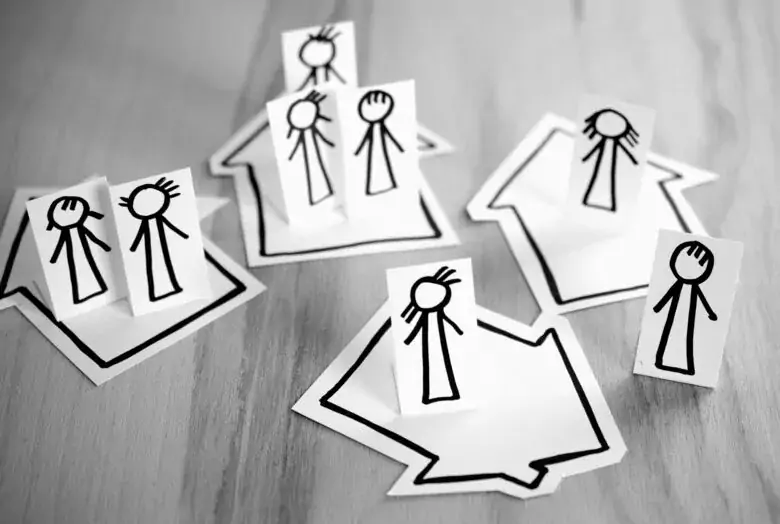
Spotlight on relationships, identity and sexuality
Family ties, friendships, love and sexuality are important to our identity and quality of life. Not feeling accepted for who you are or lacking close relationships are risk factors for ill health, research from Karolinska Institutet shows.
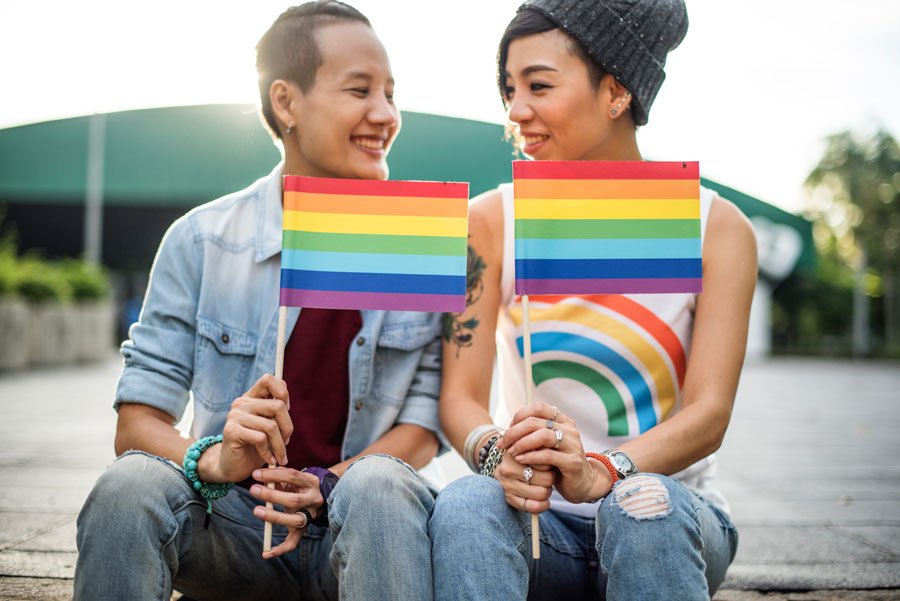 Photo: Istockphoto
Photo: IstockphotoOpenness and acceptance a health factor
By studying homosexuals and bisexuals in 28 European countries, researchers have demonstrated how a country’s laws and attitudes directly impact the health of its citizens.
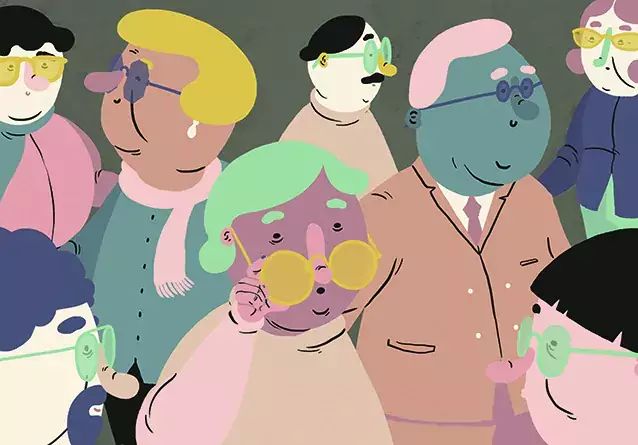 Photo: Emma Hanquist
Photo: Emma HanquistCurious about personality
Your personality affects your perception of reality. It also affects your impression of your boss. There is research to support this, but there is also plenty of nonsense in the world of personality tests. The question is: Who are you, really?
 Photo: Amanda Berglund
Photo: Amanda BerglundMyths and misunderstandings about testosterone
The use of testosterone is rising rapidly among Swedish men, and online the hormone is often sold as an elixir of masculinity. But the myths are misleading and unnecessary treatment is not without risk.
 Photo: Getty Images
Photo: Getty ImagesPhysical violence in sexual assaults is increasing among young people
Physical violence in sexual assaults against young people has become more common and more severe. This is shown in a new doctoral thesis from Karolinska Institutet. The studies cover both women and men and point to the need for clearer clinical procedures and better education about consent.
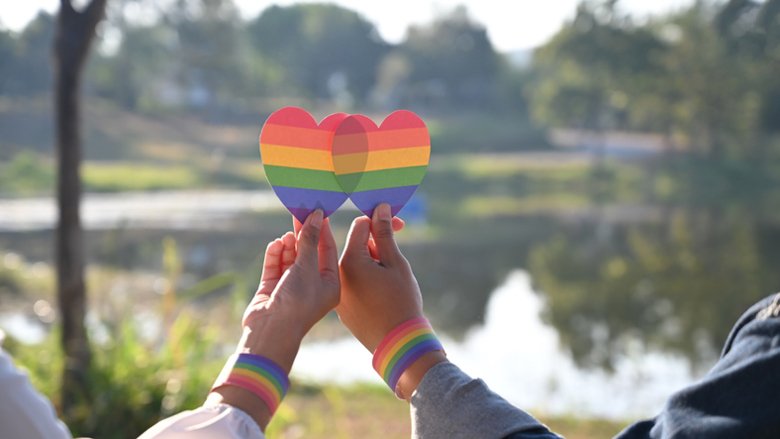 Photo: Getty Images
Photo: Getty ImagesDifferences related to sexual orientation found in the brain
A large brain imaging study demonstrates that same-sex sexual behaviour-related differences in the brain exist. Patterns in the brain that differentiate between men and women were less pronounced in non-heterosexual individuals, and some of the brain differences could be linked to a genetic predisposition for non-heterosexuality.
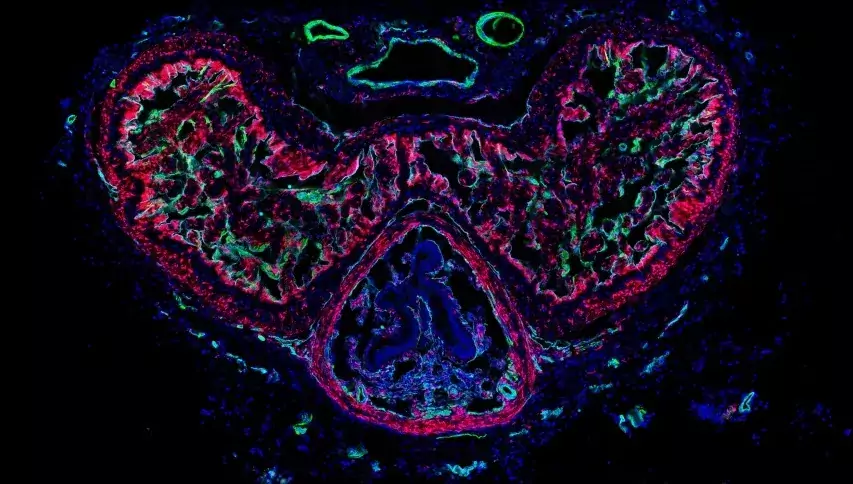 Photo: Christian Göritz lab, Karolinska Institutet
Photo: Christian Göritz lab, Karolinska InstitutetFibroblasts in the penis important for erectile function
Regular erections could be important for maintaining erectile function, according to a new study on mice published in Science by researchers at KI. The study shows that an increased frequency of erections leads to more fibroblasts that enable erection and vice versa, that a decreased frequency results in fewer of these cells.
 Photo: Gettyimages,Getty Images
Photo: Gettyimages,Getty ImagesWhen sex never happens – new research maps adults without sexual experience
Researchers have conducted the most extensive study to date on adults who have never had sexual intercourse. The findings, published in PNAS, suggest that lifelong sexlessness is associated with a multifaceted interplay of psychological, social, and genetic factors.

When hair is top of the agenda
We spend a great deal of time and money on a part of our body that we can survive quite happily without – our hair. We are strongly attached to our vestigial fur, which also happens to give away a great deal about our lifestyle and is ideal for studying the development of cancer.
 Photo: Pixabay CC0
Photo: Pixabay CC0Obvious sex differences in mental health
There are many mental disorders that affect the sexes to different degrees. Depression and anxiety are two examples that are more common in women, while men are more likely to be diagnosed with addiction.
 Photo: Getty Images.
Photo: Getty Images.Psychological sex differences defy social change
In an equal opportunity country with a good economy, women and men should have increasingly similar characteristics and interests. But the reality is much more complex than that. KI professor Agneta Herlitz writes about the gender-equality paradox in The Conversation.
 Photo: NASA
Photo: NASALoneliness a danger to our health
Feeling alone is tough, and it also appears to be detrimental to our physical health, possibly to the same extent as smoking. Now, research shows that loneliness can be beaten.
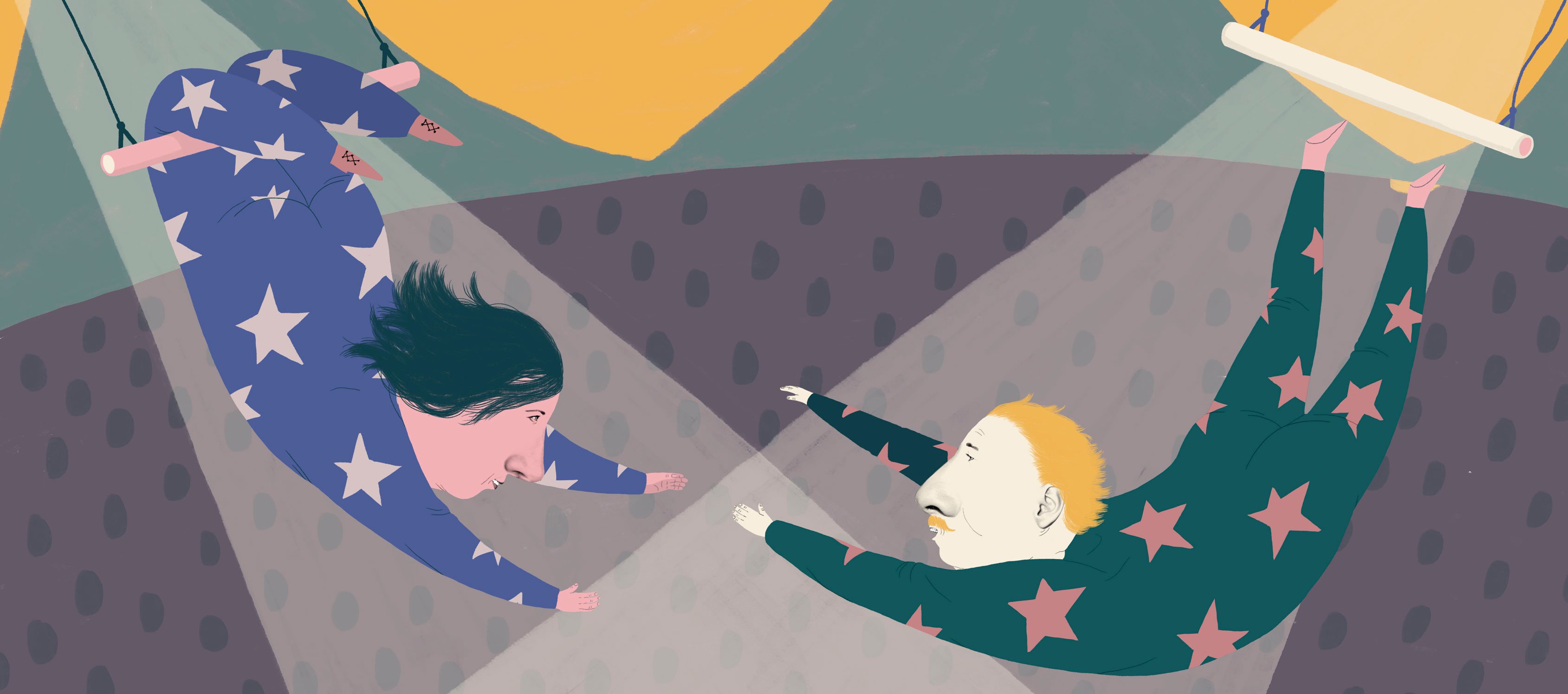 Photo: Illustration: Emma Hanquist
Photo: Illustration: Emma HanquistWho do you believe?
A cordial smile and a warm gaze – yep, that’s enough for us to make an immediate assumption that someone is trustworthy. However, some find it easier to trust than others. Researchers are trying to find out why.
 Photo: N/A
Photo: N/AExploring the feeling of jealousy
Most people know what jealousy feels like. But science has not given this feeling much attention. There is an almost total lack of research on jealousy in clinical psychology, says researcher Johan Åhlén, who has now started an exploratory study on the subject.
 Photo: Getty Images
Photo: Getty ImagesWhen you blow a fuse
Why do some people get angrier than others in the same situation? And why do some people go far beyond the social boundaries, causing harm to others and to themselves? There are no simple answers – but we have talked to some of the people who know the most about aggression.
 Photo: IStock
Photo: IStockContraceptives throughout history
For thousands of years, humans tried to separate sexuality and reproduction – for a long time not knowing how a child was conceived. Silkworms and sheep guts have both played their parts in creating the contraceptives that are available to us today.
 Photo: Getty Images,Getty Images/iStockphoto
Photo: Getty Images,Getty Images/iStockphotoHere’s how the brain works when we choose to help someone in danger
How do people decide whether to intervene and help others in danger? Researchers at Karolinska Institutet now show that the same system in the brain that enables us to avoid danger is also activated during selfless, helping behaviour. The results are published in the scientific journal eLife.
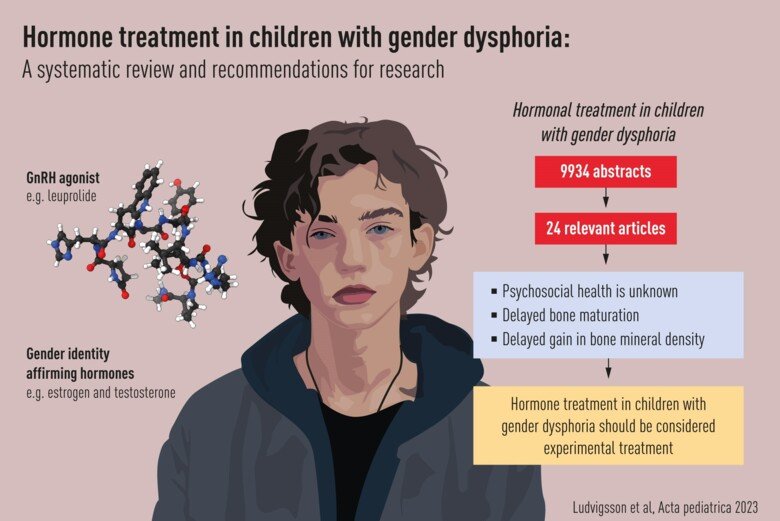 Photo: Mattias Karlén
Photo: Mattias KarlénReview on hormonal treatment in youths with gender dysphoria
In a Swedish systematic review published in Acta Paediatrica, researchers from Karolinska Institutet, University of Gothenburg, Umeå University, and the Swedish agency for health technology assessment and assessment of social services, mapped the current knowledge of hormonal treatment in youths <18 years with gender dysphoria.
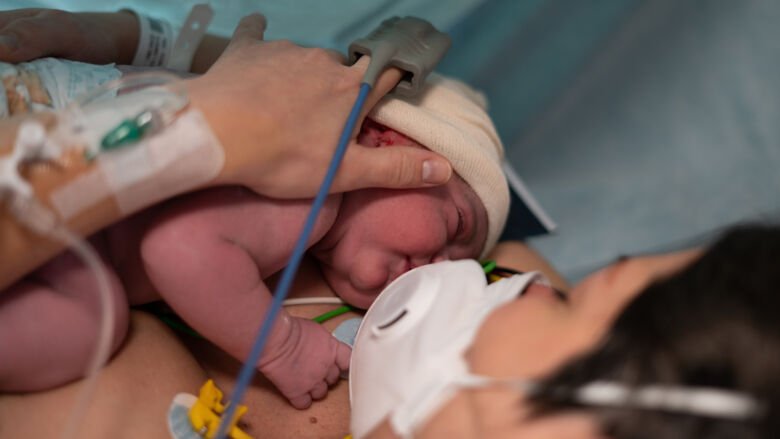 Photo: Getty Images,Getty Images/iStockphoto
Photo: Getty Images,Getty Images/iStockphotoEarly body contact develops premature babies' social skills
Skin-to-skin contact between parent and child during the first hours after a very premature birth helps develop the child's social skills, according to a new study by researchers from Karolinska Institutet and others. The study also shows that fathers may play a more important role than previous research has shown.
